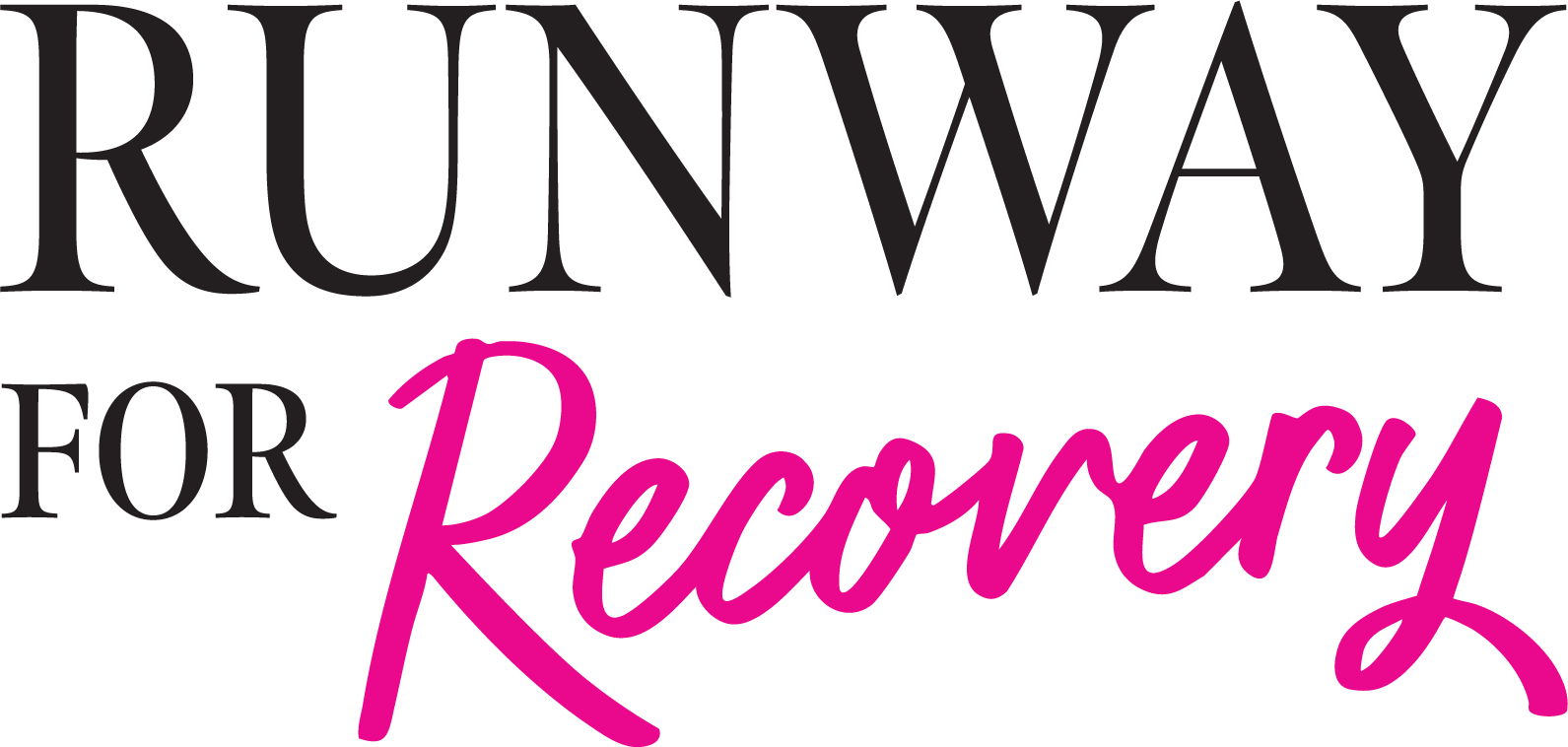6 ways to be a good friend to someone with breast cancer at any stage
While many people going through a major life challenge like a breast cancer diagnosis turn toward friends and family for support, being a good friend to someone going through treatment can be a challenging role to navigate. There are also those who will receive a terminal diagnosis, and their experience along with that of their friends can be quite difficult to navigate. We turned to one of Runway’s trusted social workers, Karen, to get her thoughts on how to anticipate some of the challenges and identify the most helpful ways to “show up” for someone that you love. Here are 6 things to keep in mind when supporting a friend going through breast cancer.
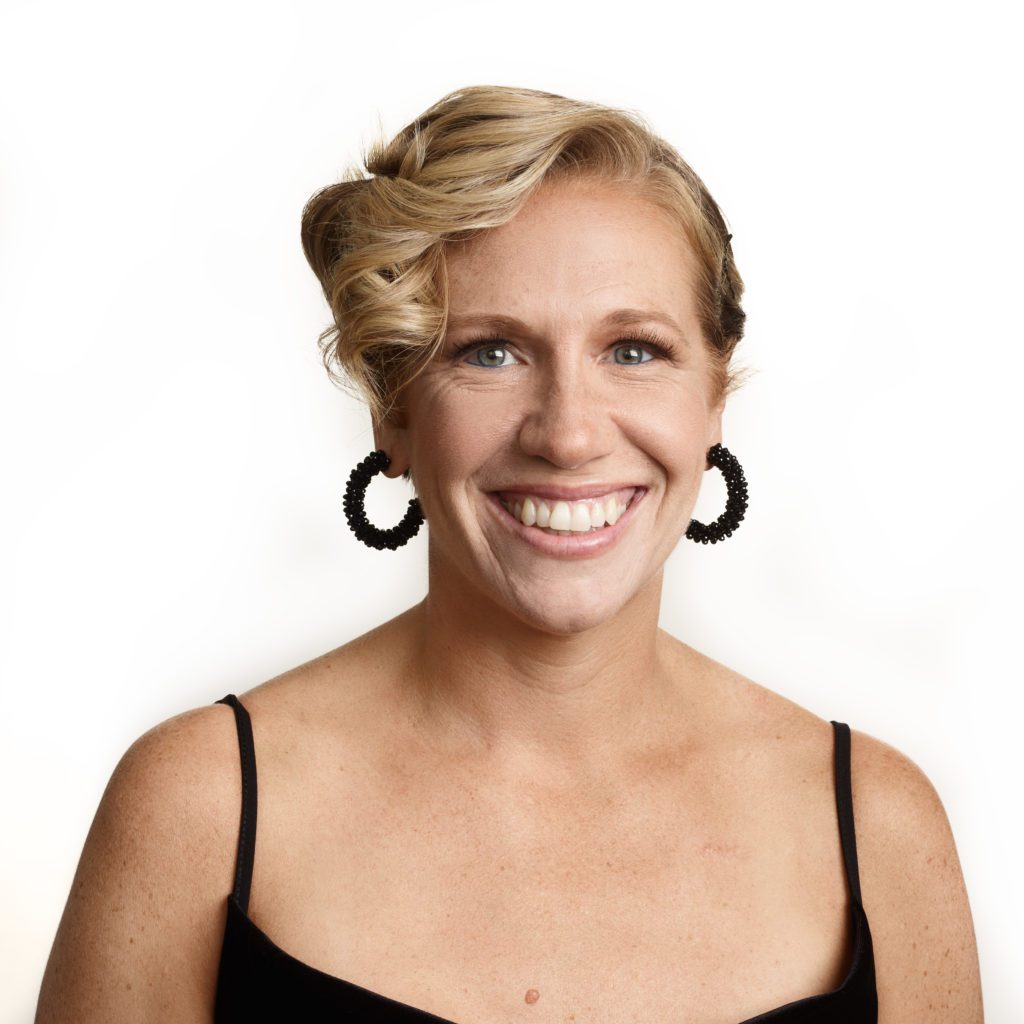
- Support takes a village.
Cancer treatment is a major life event affecting many, many people. Karen says, “just like there are so many people in a birthing room, the same is true in death or illness. It takes a village to circle around and support a family.” When a close friend of hers was diagnosed, Runway’s founder, Olivia, put together a spreadsheet to try to help coordinate the efforts of their “village” of well-meaning neighbors and friends to try to take some of that burden off her friend who was undergoing treatment. Knowing there’s a network of other friends involved can help relieve the pressure for any one person to shoulder the emotional, financial, or psychological support that can come with caring for someone with cancer.
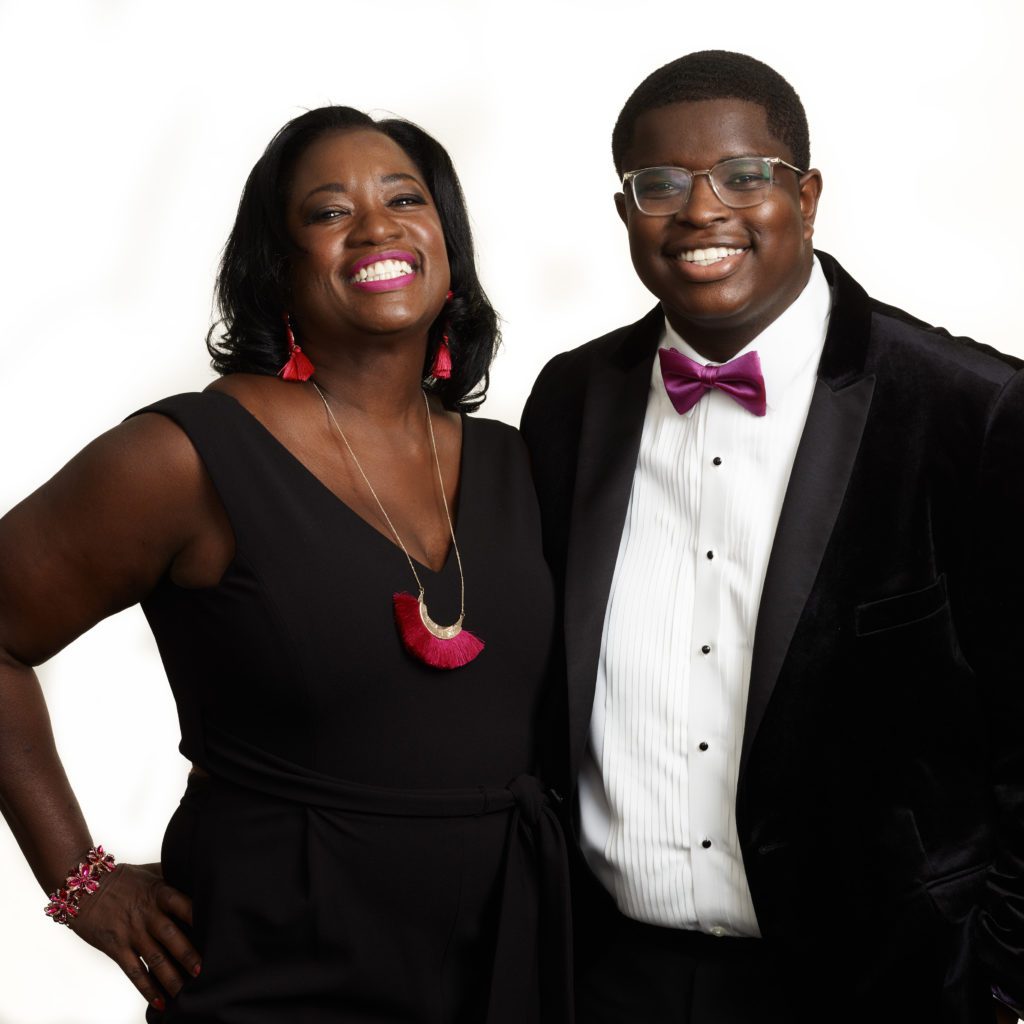
2. Acknowledge your expectations, and know they might not be the same as your friend’s.
Karen says that one of the hardest parts of caring for a friend can be reconciling how we feel or what we want with what our friend is really asking for. She says, “we each write the narrative of how we think things are going to go, but it’s important to remember it’s not about us — we’re here to honor their wishes and move at their speed. That can be really hard and you might feel frustrated because you don’t feel like you’re helping the way you would want help, but success looks different for everyone. For your friend, support could just mean playing their favorite music — they might be in a space where they need to pull back before they can re-craft their worlds again and find purpose or joy.” Managing your own expectations and coming to terms with the fact that everyone enjoys a different level of support and interaction are important to ensuring your efforts are well-received and don’t accidentally exhaust or frustrate the person you are trying to care for. To figure out the best way to help, just ask. Karen says:
“Ask your loved one or dear friend what you may do, listen, and be kind and non judgmental. Don’t personalize. This is not about YOU – lower your expectations if they do not respond in a manner you are expecting. The visits may be short or they may refuse your visit or call. That’s ok.”
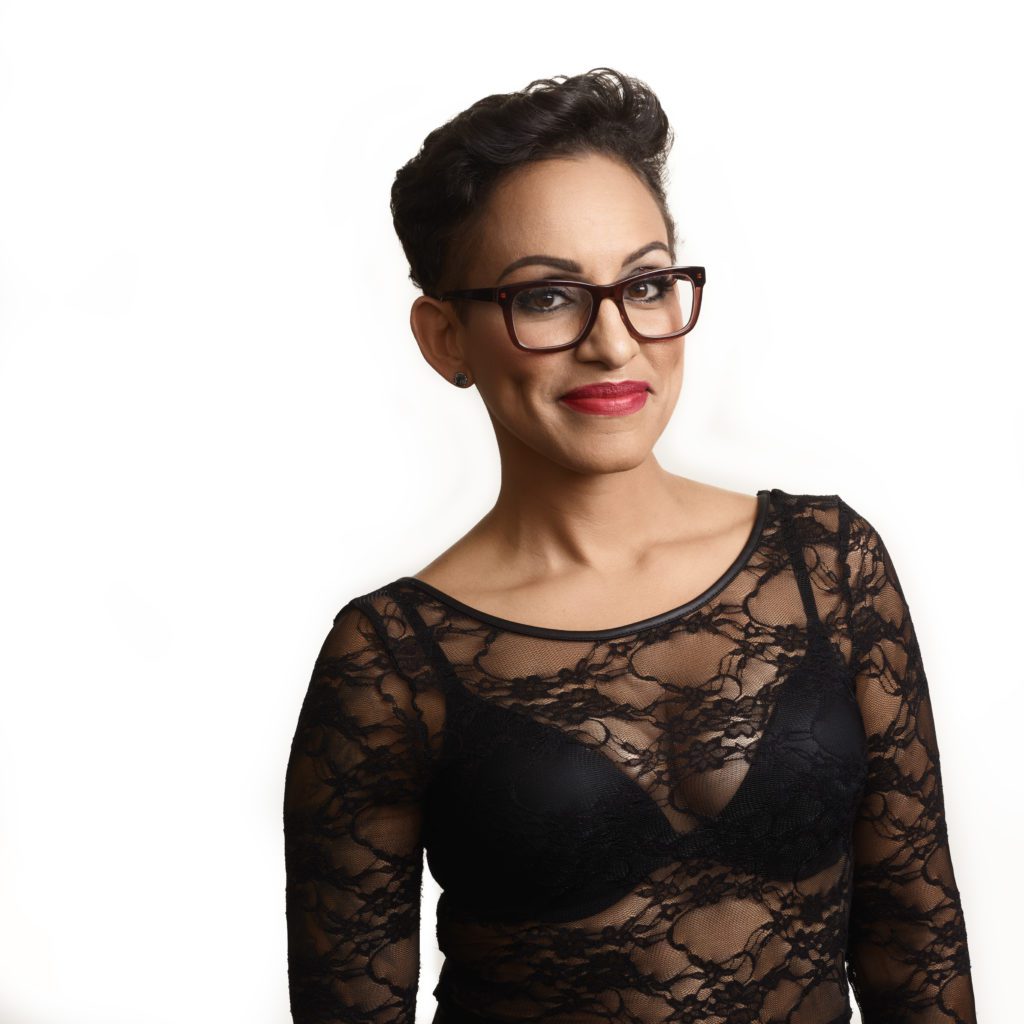
3. Come with ideas.
Since this is likely uncharted territory for your friend, too, Karen suggests having a list of suggestions of way that you would like to help in case your friend has no idea what they’d like from you. “Offer to cook a meal, babysit, play with their children, rake leaves, run errands, mow their lawn, plant some flowers, shovel their driveway, send a card, a prayer card (if this is appropriate), thank them for their love and/or friendship -or reminisce about what their relationship means to you.”
Giving them a variety of ideas to choose from might help them identify areas that are particularly stressful now or where they could use some extra support, even if they are things that they would never normally ask for help with before their diagnosis. Putting suggestions out on the table first might help alleviate any anxiety or embarrassment your friend might experience by asking for help.
4. No one experiences cancer alone – don’t forget their family.
Though your friend might be the one experiencing the diagnosis or treatment, Karen suggested reaching out to their spouse, children, or other family members as well to see if they could use some assistance. “This is a highly intense and sensitive time for both the terminal family member. It is like riding a tsunami wave and looking for lifelines to ground them in the storm. The patient and family may not even know what to say. If that is the situation, take some time and then check back in. If you know the family well, then think about what they would like or what their needs may be.
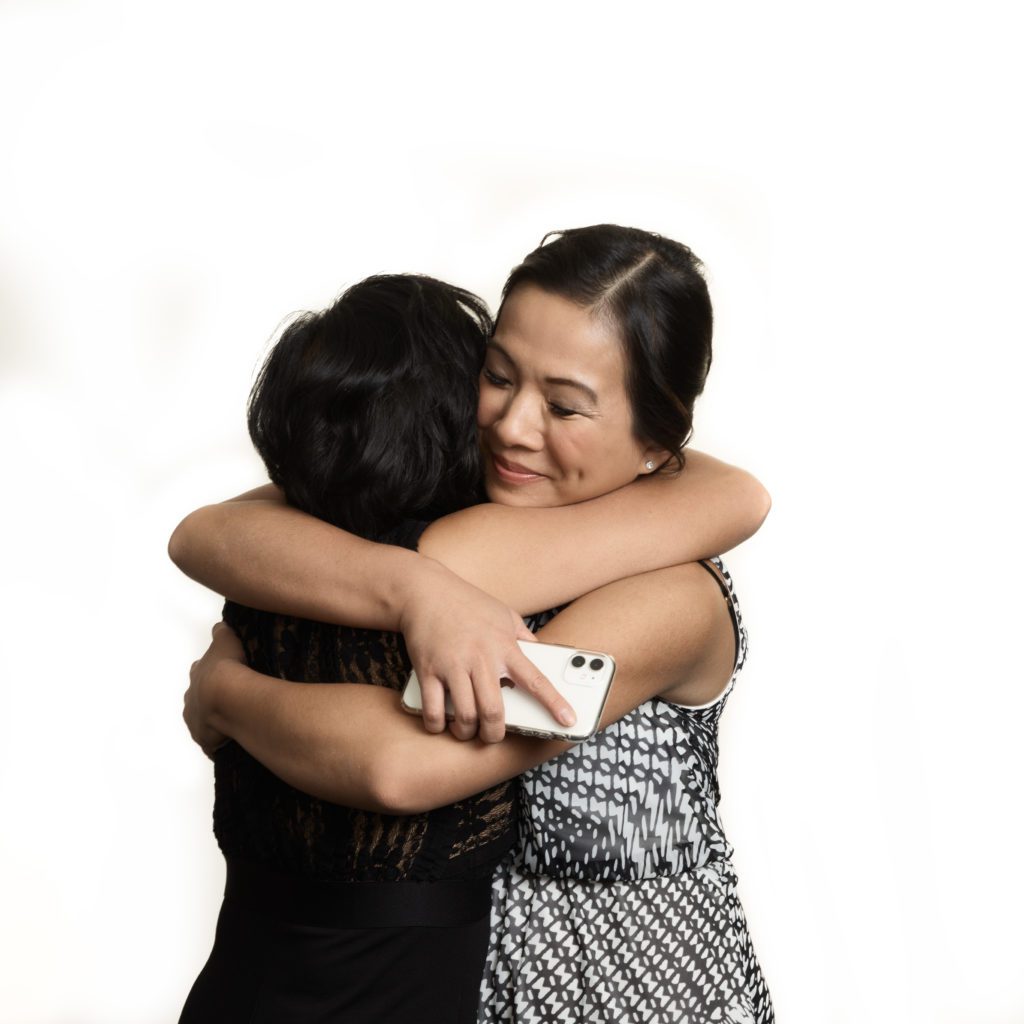
5. Be conscious of their context.
Depending on your friend’s stage and treatment success, their needs may be very different. If they are terminal, Karen suggests looking for specific ways to bring them comfort and joy. She says, “One patient I cared for at end of life loved hot strong coffee with real cream and four real sugar along with his toast and lots of butter. That is how we gave him quality of life! Another one loved back massages. And another needed his will written stat! One friend just needed me to listen and have the opportunity to say, ‘Thank you for being my friend and Good-bye.’ Death and dying is a very personal journey. Sometimes we may be asked to join in and partner with our loved ones or dear friend. And other times we may have a very limited role. Reflect, be introspective – Ask what you may have learned from this experience. So, when your someone else you love dearly is terminal don’t forget to ask yourself what you would do, what would you do differently and what would you want someone to do for you.”
6. Support doesn’t have to be on a grand scale.
Small acts of kindness and compassion make a difference, too! Karen reminds us to listen to our intuitions when it comes to caring for others, and permit yourself to allow space and time. She says, “Remember to look for the twinkle in their eye. Note something special about that person that brings them a sense of joy, laughter and lightness – if appropriate. Timing is everything!”
Here at Runway, we’ve personally experienced the incredible bonds of friendship that can come from the shared experience of living with, loving someone, or losing someone with breast cancer. While there’s no perfect way to help, supportive friendships can radically improve the experience and daily life of those undergoing through treatment or facing a terminal diagnosis. Runway has created a Legacy Video project for those with a terminal diagnosis, and two very brave women gave us permission to show us pieces of their video so that others might be inspired and made more comfortable in the idea of making one. If you have a friend that would like our help or if you would like to make one for your loved ones and children, please be in touch. This project is free of charge for the patient. It is also one that annual donations fund directly. Email our Executive Director, Olivia, for more information.
